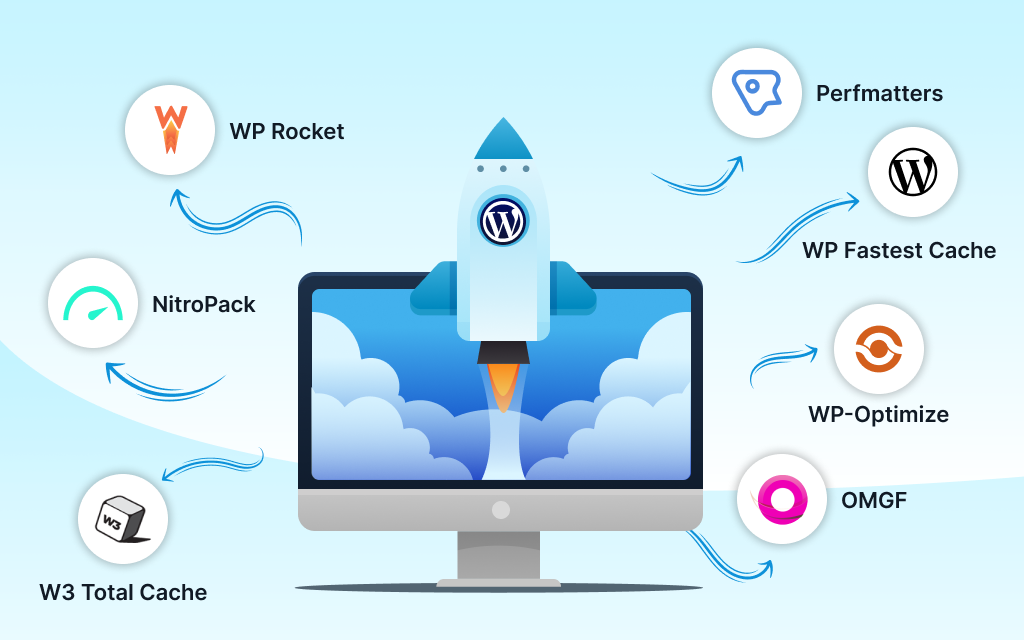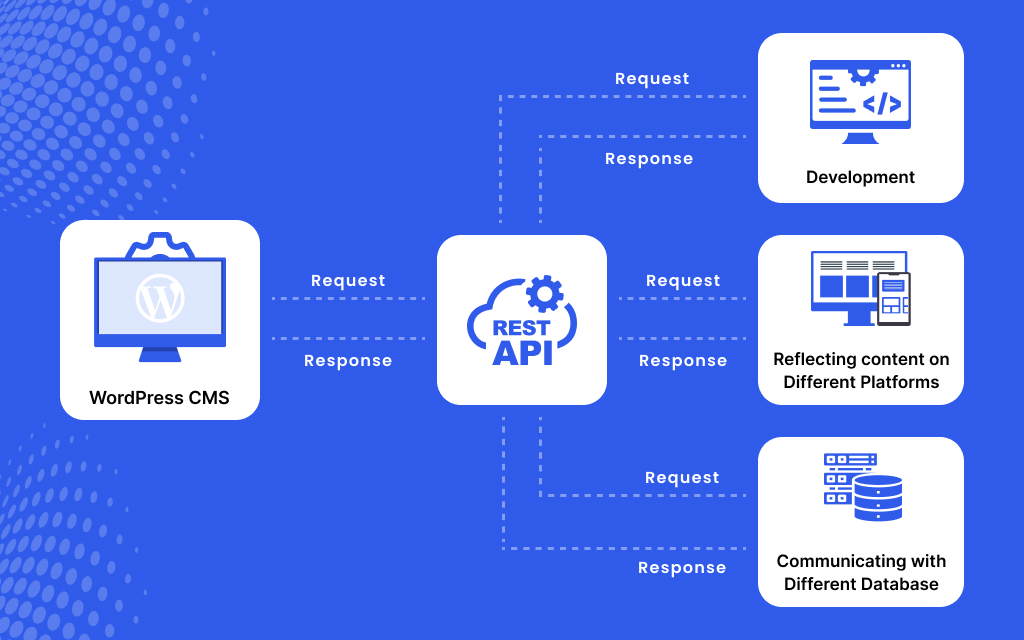In today’s business world, e-commerce platforms are becoming essential for companies engaged in business-to-business (B2B) transactions. These platforms are not just for consumer sales anymore; they are crucial for managing supply chains and improving business operations.
However, e-commerce has also brought about significant environmental challenges. The rapid growth of online transactions increases packaging waste, carbon emissions from transportation, and energy consumption from centers. According to a report by the United Nations, the logistics sector’s carbon footprint contributes to around 25% of all energy-related greenhouse gas emissions. Companies are implementing various sustainability efforts to prevent this, as explained below.
Digital Invoicing and Documentation
More and more businesses are transitioning to digital invoicing and documentation, significantly reducing the need for paper. According to a report by Billentis, electronic invoicing can reduce costs by up to 80% compared to traditional paper-based processes. For instance, Amazon has implemented digital invoices across its B2B transactions, saving millions of sheets of paper annually.
Eco-Friendly Packaging
According to the Sustainable Packaging Coalition, eco-friendly packaging can reduce packaging waste by up to 20%. Dell, for instance, has shifted to using packaging materials made from bamboo and mushrooms, which are biodegradable and compostable. This change has led the company to reduce its packaging waste by 20 million pounds annually, demonstrating a strong commitment to environmental sustainability.
Energy-Efficient Data Centers
E-commerce companies are also focusing on making their data centers more efficient, as these facilities are major sources of energy consumption. According to the International Energy Agency, data centers consume about 1.5% of global electricity. Google has taken significant steps using advanced cooling techniques and renewable energy sources in this area. As of 2020, Google’s data centers operate with twice the energy efficiency of a typical enterprise data center. This not only reduces operational costs but also cuts down on carbon emissions.
Conclusion
E-commerce platforms are becoming increasingly important for B2B transactions and supply chain management. As more businesses adopt these platforms, they can expect significant benefits in their operations and sustainability efforts. Embracing e-commerce is no longer just an option; staying competitive in today’s market is necessary.





Leave a Reply